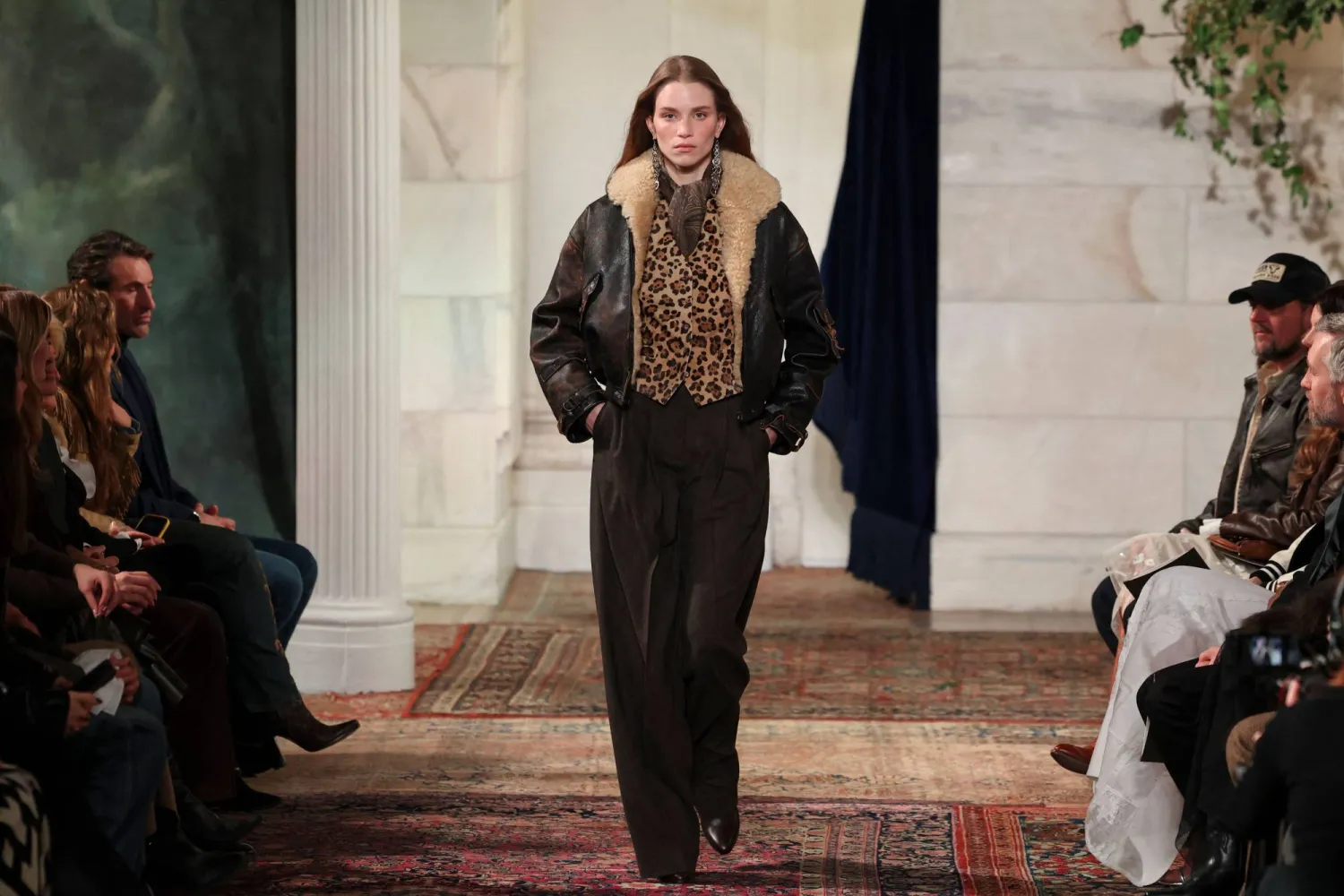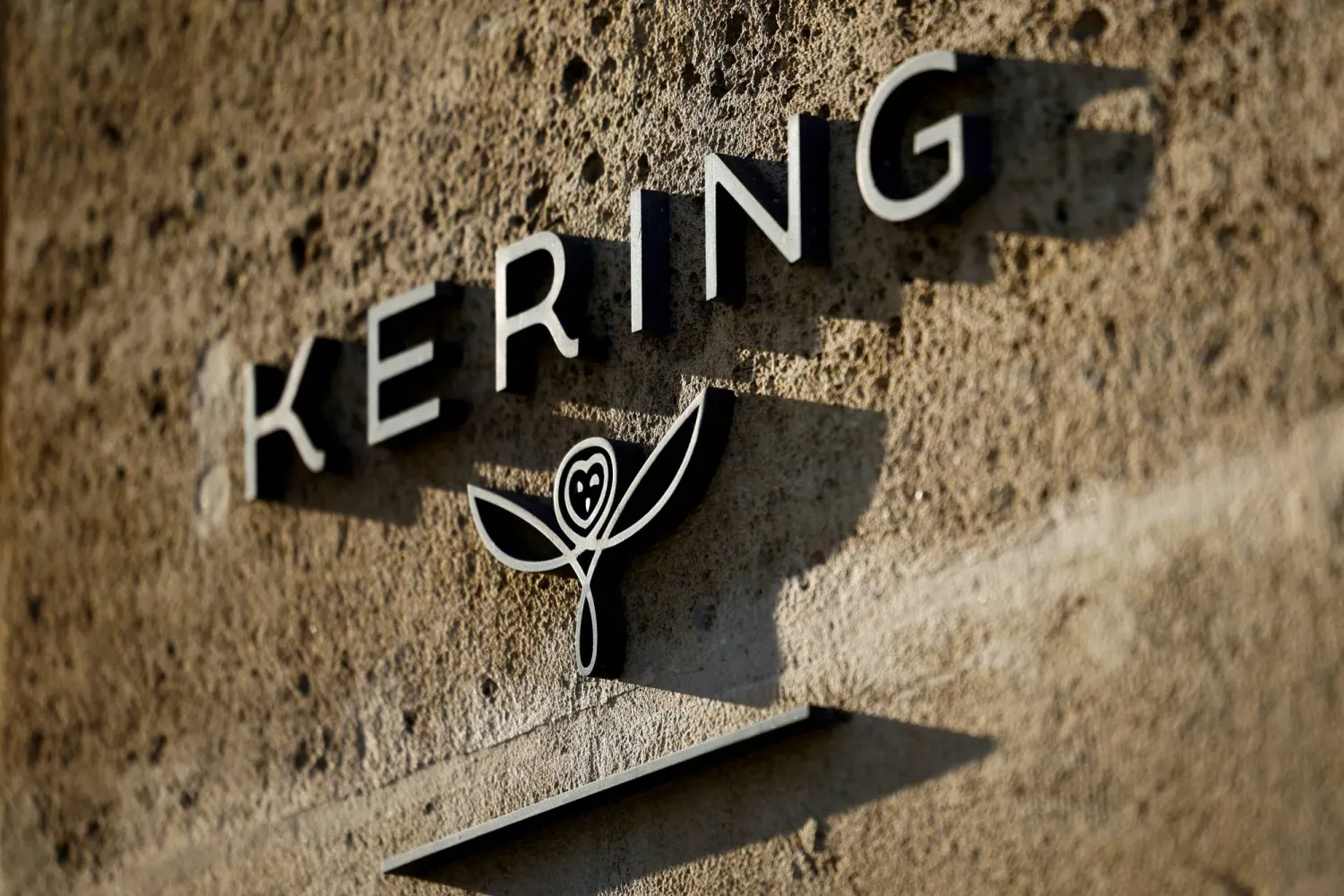Kering reported on Tuesday a slightly smaller-than-expected drop in fourth-quarter sales, as investors await details of CEO Luca de Meo's plans to revive the Gucci owner's flagging fortunes.
Sales reached 3.9 billion euros ($4.64 billion), down 3% from the previous year when adjusted for currency swings. That beat analysts' consensus forecast for a 5% drop, according to Visible Alpha.
The revenue drop was 10% at Italian flagship label Gucci, which accounts for most of Kering's profits, versus analyst expectations of a 12% decline.
It was the brand's 10th straight quarter of revenue decline.
Finance Chief Armelle Poulou told journalists Gucci saw some improvement at the end of last year in "almost all regions", helped by newly introduced products and handbag sales.
Grappling with weak sales since the maximalist styles of Gucci's former star designer Alessandro Michele fell out of fashion in 2022, Kering has faced heightened investor scrutiny over its high debt and declining profitability.
Free cash from operations fell by 35% last year when excluding one-off payments from real estate sales, reaching 2.3 billion euros, Kering said.
"For Kering, it's really about (restoring) the broad desirability globally," said JPMorgan analyst Chiara Battistini.
Facing an uncertain business outlook, the group, which also owns Gucci Balenciaga, Bottega Veneta and Yves Saint Laurent, further reduced its store network by 75 boutiques with further closures planned, Poulou said.
The earnings underscored the steep challenges Kering faces to catch up with peers even though its shares have risen around 50% since de Meo's appointment was announced last June.
"2025 did not reflect Kering's true potential or the strength of our brands, but it enabled us to lay the foundations for our future recovery," said Poulou.
Kering's annual operating income reached 1.63 billion euros, less than a third of its 2022 level. Kering's operating profit margin fell to 11% group-wide and 16% at Gucci, down from 28% and 36% three years earlier.
By contrast, LVMH delivered a 22% margin last year amid a broader luxury slowdown, with its leather and fashion division - home to Louis Vuitton and Dior - hitting 35%.









